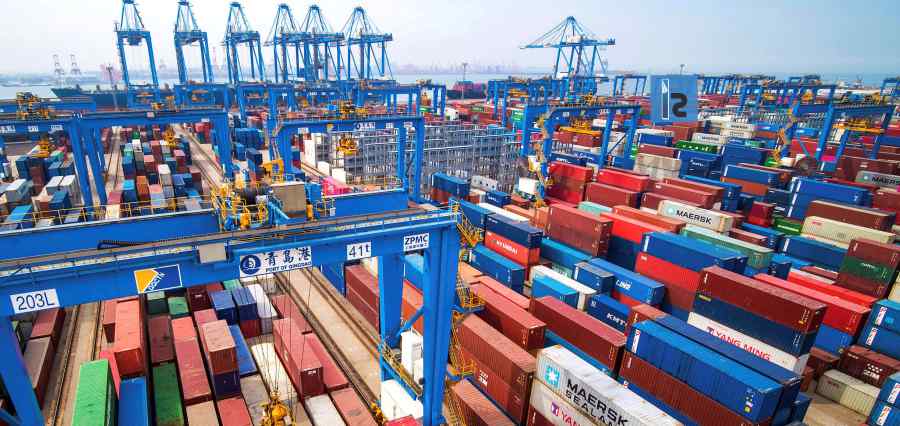On the day after a sample found out that domestic producers were injured by these items, India slapped on Tuesday the definitive anti-dumping duty of certain steel products imported from China, South Korea, and Vietnam.
In an order, the revenue department stated that a flat rolling steel product covered with aluminum and zinc alloys has been exported from these countries below its normal value, leading to dumping and injury on domestic producers.
The duty rate imposed on China exports is at a rate of 128,9 dollars a ton and varies from country to country, from export to export. The provisional anti-dumping duty on a product expired in April 2019 and the final duty imposed on the product on Tuesday applies to a period of five years beginning last October, the order said.
In its detailed investigation, Mahesh Jaising, a Deloitte India partner, pointed out that imports from the countries involved led to the decline in profits, cash flow, and return on investment in domestic industry performance.
While low-cost imports outperform competing local producers on the market, they make it possible for those industries that use these imports as raw materials to become competitive. This competing interest between primary and secondary producers is pronounced in the domestic steel industry, where producers of finished goods prefer low-cost imports. Policymakers are balancing the competitive needs of the whole supply chain when agreeing on tax reform.


